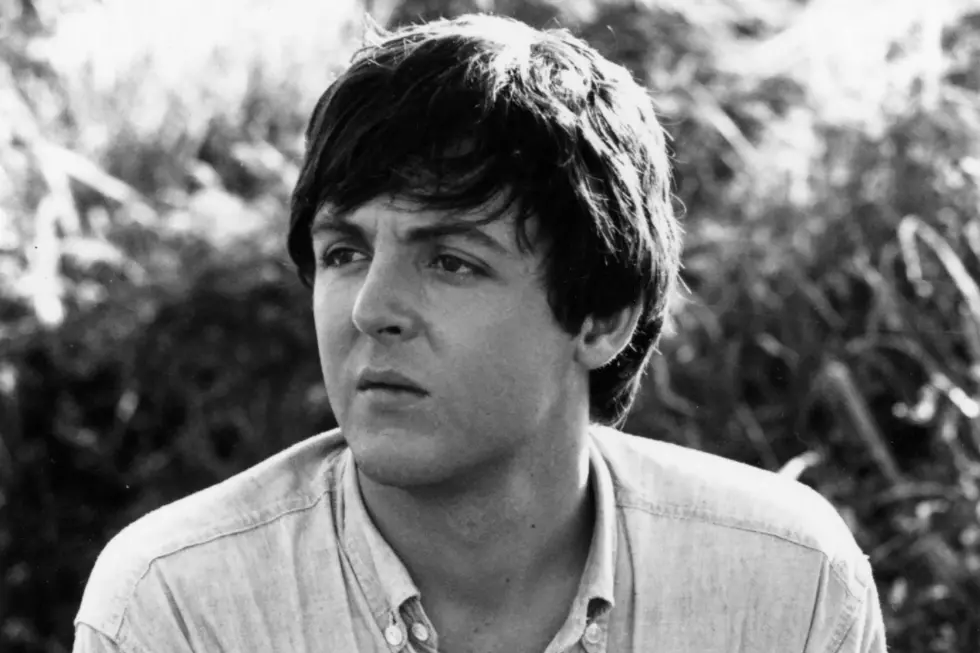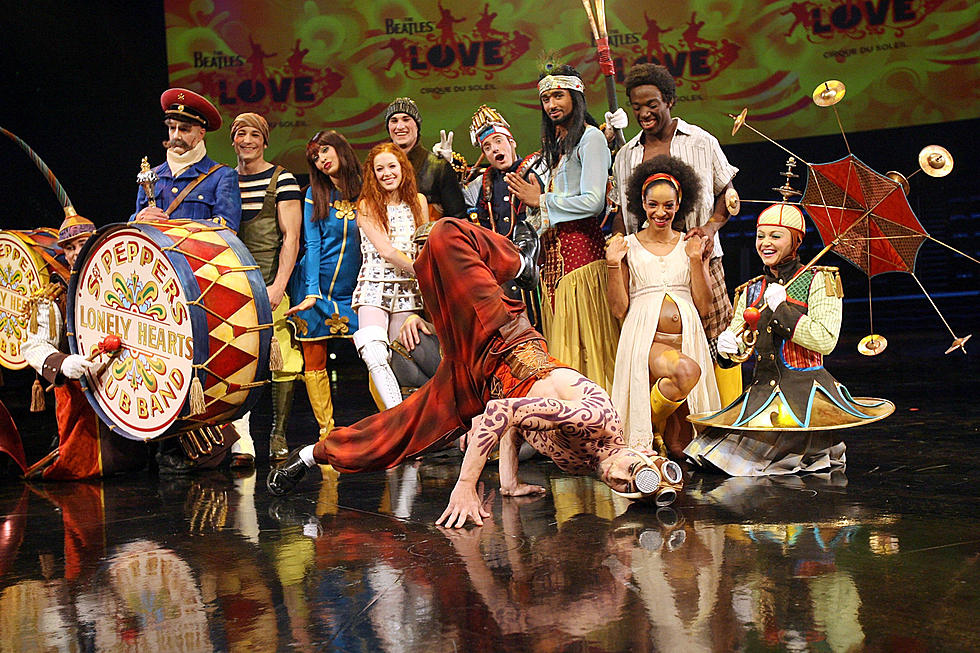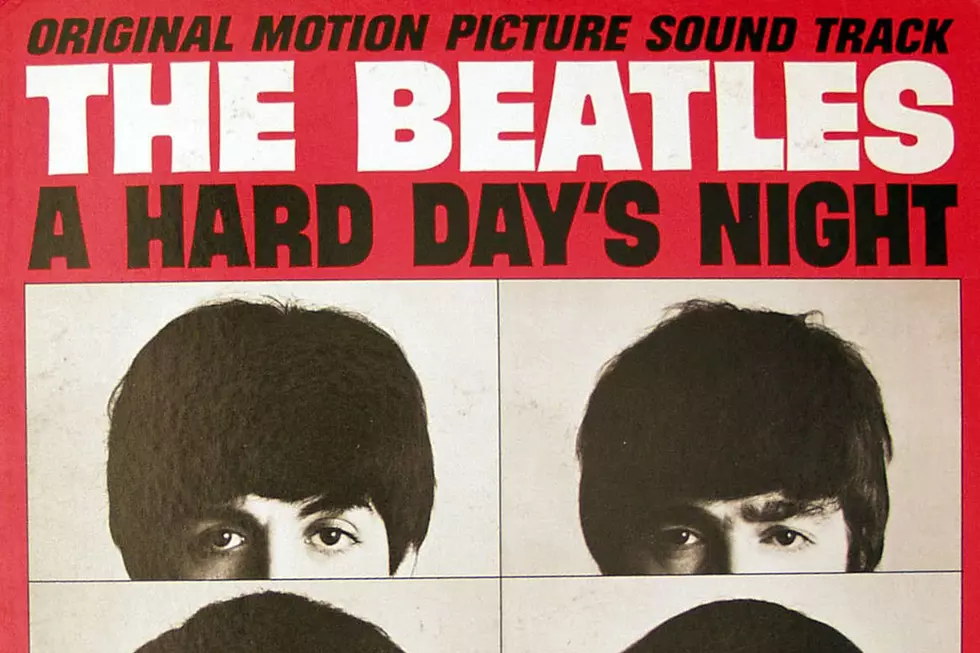
When the Beatles Overcame Doubts to Release ‘Yesterday’
When Paul McCartney came up with the Beatles classic “Yesterday,” he played it for as many people as he could.
It wasn't because he was looking for criticism, but because he wanted to know if people recognized it. He was concerned that, instead of having written it himself, he’d accidentally stolen it from someone else.
Famously, McCartney dreamed the melody, then woke up and rushed to his bedroom piano to figure it out. “For about a month I went round to people in the music business and asked them whether they had ever heard it before,” he said later. “Eventually it became like handing something in to the police. I thought if no one claimed it after a few weeks then I could have it.”
He eventually felt comfortable enough to present his creation to the band but, for the first time in their history, it was determined that there was nothing for the other three Beatles to contribute. Instead, producer George Martin suggested a string section, which McCartney originally rejected, arguing that the Beatles were a rock ’n’ roll band. McCartney eventually agreed to use a string quartet, and he worked with Martin on the arrangement.
Martin oversaw the recording in June 1965, and although George Harrison’s voice is heard in the studio, he didn’t join in. The producer even questioned whether it should even be credited to the band. “I discussed this with [manager] Brian Epstein: ‘You know, this is Paul's song ... shall we call it Paul McCartney?’” Martin recalled later. Manager Epstein countered: “No, whatever we do we are not splitting up the Beatles.”
The band themselves felt it was too different to the rest of their output, and didn't feel it was right for a single. “That would have been getting above yourself,” McCartney said. “We were always watching each other for any signs of that. … It was such a democracy. So ‘Yesterday’ would have meant that the spotlight would go on me, so we never did that. In America maybe. We would allow it there because we weren’t living there… but here, no way on earth.”
Their American label, Capitol, did indeed launch "Yesterday" on seven-inch vinyl on Sept. 13, 1965, a month after appearing on the British release of the Help! album. It went to No. 1 and stayed for four weeks.
The string section helped usher in the sub-genre of chamber pop, leading to such classics as the Beach Boys' Pet Sounds, the Zombies' Odessey and Oracle and the Left Banke's "Walk Away Renee." For the Beatles, it gave them the first taste of instrumentation not regularly used in rock, which would soon pay dividends. It also helped change the minds of an older audience, since it showed that they were quickly maturing both musically and lyrically.
It was eventually released as a single in the U.K., in 1976, and it reached No. 8. By that time, dozens of other artists had delivered their own versions. Said to have been recorded over 2,200 times and performed over seven million times, it was twice voted the best pop song of the 20th century and inducted into the Grammy Hall of Fame.
Its most recent return to the limelight was as a key plot element in the 2019 fantasy movie also titled Yesterday, in which a struggling musician wakes up in a world where no one else remembers the Beatles, and begins to plagiarize their work, including “Yesterday” – an interesting twist, given McCartney’s original concerns about the song’s origins.
The Beatles - ‘Yesterday’
Beatles Solo Albums Ranked
More From Ultimate Classic Rock









